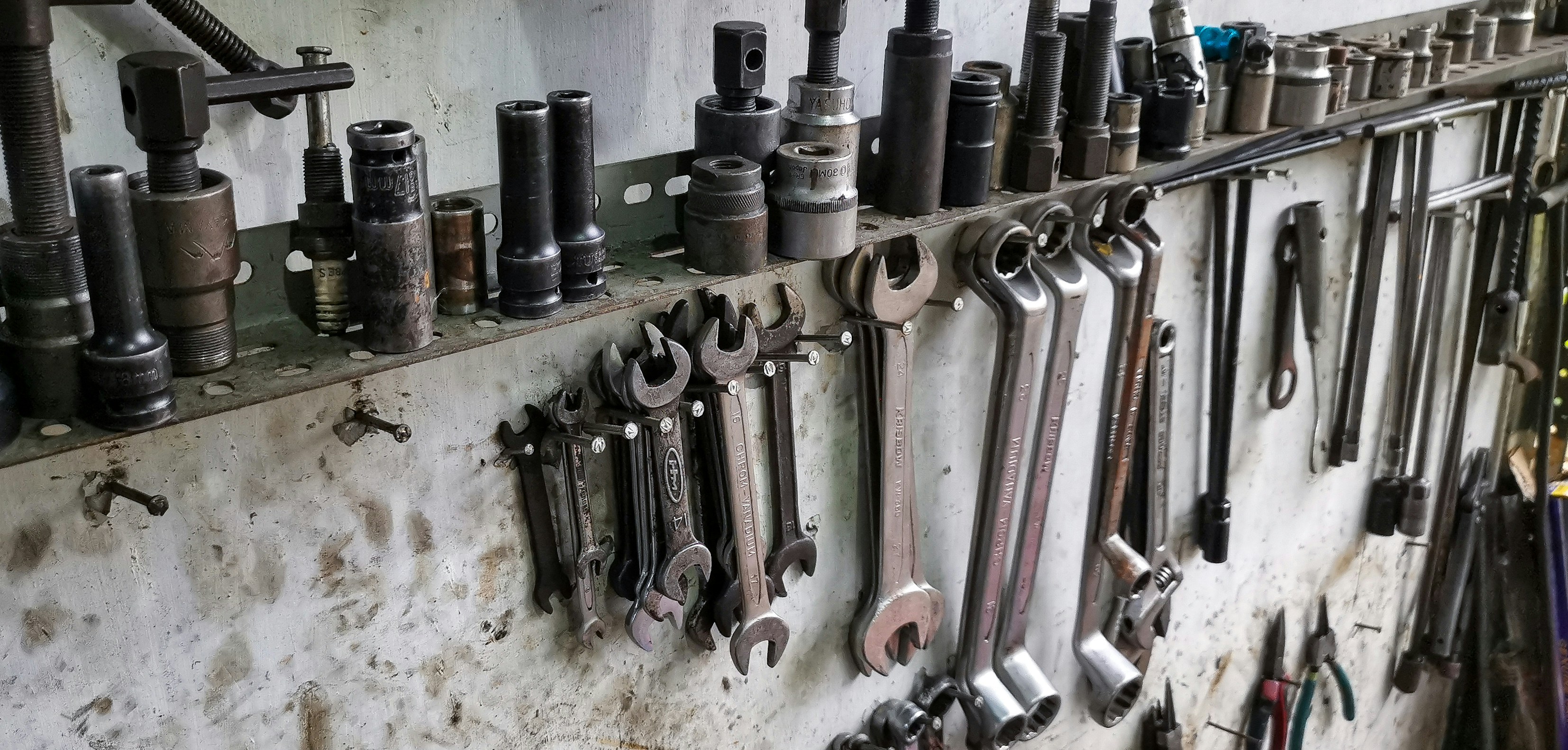Hiring the right Quality Assurance (QA) professional for your customer service team can make a world of difference. The right candidate will not only ensure that your customer interactions are top-notch but also contribute to continuous improvement within your team. But how do you ensure you're asking the right questions to find that perfect fit?
In this comprehensive guide, we've compiled the top 20 interview questions for Quality Assurance Customer Service roles, along with insights on what to look for in candidates' responses. Whether you're a seasoned recruiter or new to the hiring process, these questions will help you identify the talent that can elevate your customer service to the next level.
Understanding the Role of a Customer Service Quality Assurance Analyst
Before we dive into the questions, let's briefly discuss the role of a Customer Service Quality Assurance Analyst. This professional is responsible for monitoring and evaluating customer interactions to ensure they meet your company's quality standards. They play a crucial role in training, providing feedback, and implementing strategies that enhance customer satisfaction.
For a deeper dive into the importance of QA in customer service, check out our article on Customer Service and Quality Assurance: How They Work Together to Enhance Customer Satisfaction.
Top 20 Interview Questions for QA Customer Service Roles
1. Can you tell us about your experience with quality assurance in customer service?
Why ask this question: This question helps you gauge the candidate's background and understanding of QA in a customer service context.
What to look for: Look for candidates who can articulate their past roles, responsibilities, and the impact they had on improving service quality. They should provide specific examples of their contributions.
2. What do you believe are the key components of a successful customer service QA program?
Why ask this question: This assesses the candidate's knowledge of QA processes and their priorities.
What to look for: Candidates should mention elements like setting clear quality standards, regular monitoring, consistent feedback, and continuous improvement.
3. How do you stay updated with the latest trends and best practices in customer service quality assurance?
Why ask this question: QA is an ever-evolving field. This question checks if the candidate is proactive in staying informed.
What to look for: Look for candidates who engage in professional development through webinars, industry publications, and networking with other professionals.
4. Describe a time when you identified a significant issue in customer service quality. How did you address it?
Why ask this question: This behavioral question helps assess problem-solving skills and initiative.
What to look for: Candidates should provide a clear example, explain the steps they took to resolve the issue, and highlight the outcome.
5. How do you measure the effectiveness of customer service agents?
Why ask this question: Understanding their approach to metrics and KPIs is essential.
What to look for: Candidates should mention specific metrics such as Customer Satisfaction Score (CSAT), First Call Resolution (FCR), and adherence to quality standards.
For more on important metrics, read our article on How to Measure Customer Service Quality Assurance Effectively: Metrics and KPIs You Need to Track.
6. Can you explain how you provide feedback to customer service agents?
Why ask this question: Providing feedback is a crucial part of the QA role.
What to look for: Look for candidates who emphasize constructive, empathetic, and actionable feedback. They should value open communication.
7. How do you handle situations where an agent is consistently underperforming?
Why ask this question: This checks their approach to performance management.
What to look for: Candidates should focus on identifying root causes, providing support and training, and setting clear improvement plans.
8. What tools or software have you used for quality assurance?
Why ask this question: Familiarity with QA tools can be a plus.
What to look for: Candidates might mention tools like Quality Agent, spreadsheets, CRM systems like HubSpot or Help Scout, or specialized QA software.
Learn more about implementing QA with these platforms in our guides on Implementing Customer Service Quality Assurance with HubSpot and Implementing Customer Service Quality Assurance with Help Scout.
9. How do you develop QA checklists or scorecards?
Why ask this question: This assesses their ability to create tools that standardize quality evaluations.
What to look for: Candidates should explain the criteria they include, how they align them with company standards, and possibly mention using templates or customizing them based on needs.
For guidance on creating effective QA forms, refer to our article on Designing Effective Quality Assurance Forms for Customer Service Teams.
10. How would you handle discrepancies when different QA analysts have varying evaluations for the same interaction?
Why ask this question: This assesses fairness and consistency in evaluations.
What to look for: Candidates should talk about calibration sessions, setting clear guidelines, and fostering communication among QA team members to ensure consistency.
11. Can you describe your experience with training customer service agents based on QA findings?
Why ask this question: Training is a key component of QA.
What to look for: Candidates should share examples of training sessions they've conducted and the impact on agent performance.
Explore more on QA in training in our article on Customer Service Quality Assurance: A Comprehensive Guide with Checklists, Templates, and Training Tips.
12. How do you balance maintaining high quality standards without demotivating the team?
Why ask this question: Balancing quality enforcement and team morale is vital.
What to look for: Candidates should emphasize positive reinforcement, recognizing achievements, and involving agents in the QA process.
13. Describe a time when you had to implement a significant change in the QA process. How did you manage it?
Why ask this question: Change management skills are important.
What to look for: Candidates should explain how they communicated the change, trained the team, and monitored the transition.
14. What do you think are the biggest challenges in customer service quality assurance today?
Why ask this question: This gauges their awareness of industry trends and challenges.
What to look for: Look for insights on challenges like remote teams, evolving customer expectations, or integrating new technologies like AI.
15. How do you incorporate customer feedback into your QA process?
Why ask this question: Customer feedback is a valuable resource for QA.
What to look for: Candidates should discuss methods for collecting feedback and using it to refine quality standards.
16. Can you explain the importance of compliance and how you ensure it in customer interactions?
Why ask this question: Compliance with regulations and company policies is critical.
What to look for: Candidates should demonstrate knowledge of relevant regulations and explain how they monitor and enforce compliance.
17. How do you handle confidential information when assessing customer service interactions?
Why ask this question: This checks their understanding of privacy and confidentiality protocols.
What to look for: Candidates should emphasize respecting privacy laws, secure handling of data, and adherence to company policies.
18. Describe your experience with reporting QA findings to management.
Why ask this question: Communication with stakeholders is key.
What to look for: Candidates should discuss how they prepare reports, highlight key insights, and make actionable recommendations.
19. How do you prioritize which interactions to review?
Why ask this question: This assesses their ability to manage workload and focus on impactful areas.
What to look for: Candidates might mention random sampling, focusing on high-impact interactions, or targeting agents who need more support.
20. Why do you believe quality assurance is important in customer service?
Why ask this question: This allows candidates to express their passion and understanding of the role's significance.
What to look for: Look for a thoughtful response that emphasizes the impact of QA on customer satisfaction, brand reputation, and business success.
Wrapping Up
Finding the right Quality Assurance professional for your customer service team is crucial for maintaining high standards and continuous improvement. By asking these targeted questions, you'll gain deeper insights into each candidate's experience, skills, and fit for your organization.
Remember, the goal isn't just to fill a position but to find someone who will actively contribute to enhancing your customer service quality.
If you're looking to further streamline your quality assurance processes, consider leveraging tools like Quality Agent to empower your team with AI-powered QA checklists.


